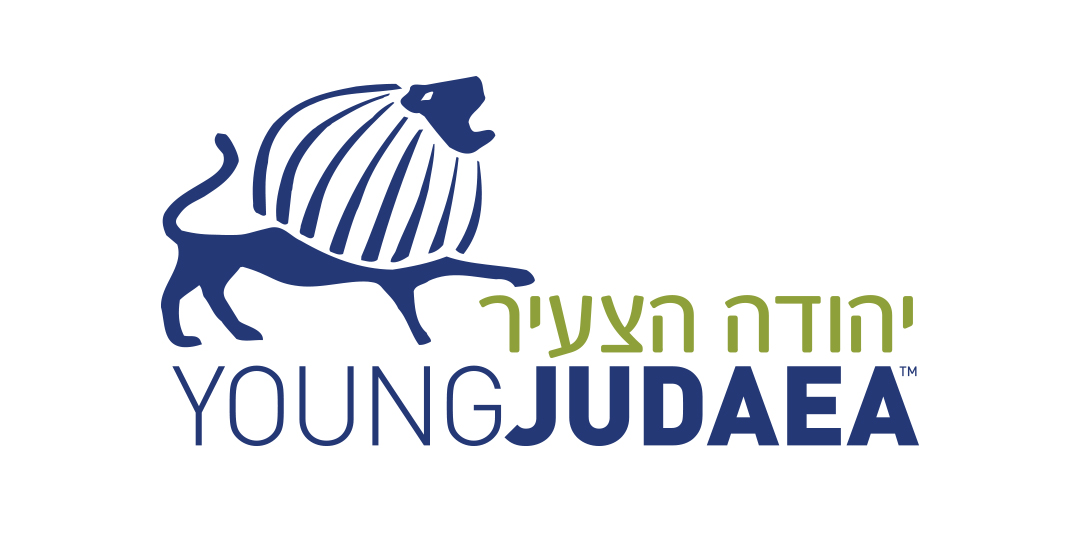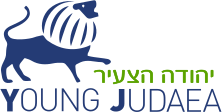
No Longer a Stranger in a Strange Land
by Daniel De Wijze, Year Course/FZY Participant
It’s not often that something amazing starts with a Google search, but that’s what happened to me last April. I typed ‘Jewish gap year in Israel’ into the search bar and before long I was on the phone to the FZY office. After some thought, I came to the decision that I wanted to spend the next 9 months in Israel. My friends were confused when they learned about my choice. Why was I going to Israel if I wasn’t religious and going to Yeshiva? Why was I putting off University for a year? Why was I going to be wasting my time?
The reality is that I really feel that I have grown greatly as a person whilst on Year Course. I have learned all about the history, culture and politics of the State of Israel, and why it is so important to us as the Jewish people. My ability to speak Hebrew improved drastically, which is something that never would’ve happened in England. In addition, I feel that I have become more independent, resourceful and confident. I also have a newfound appreciation for dishwashers after having to do the washing up for 9 months!
When my family visited Israel for Pesach, I felt proud to be able to show them around Israel, explaining Hebrew signs and ordering for them at restaurants – no longer a stranger in a strange land, Israel has become my home.
On the very first day of Year Course, I remember sitting in my room in Beit Ar-El with my roommate, Leo Brosh. It was a hot August day outside and we were lying on our beds, waiting for the Americans to arrive. There was an unspoken note of mystery about the Americans – what would they be like? Were they loud, were they friendly, did they really speak with such a ridiculous accent? The answer to all of those questions was of course yes, but that takes nothing away from how much I love the Americans and the fun we have had living together.
Something that I love about Year Course, and that I think enriches it beyond measure, is the mix of American, English and Israeli (and yes, European) cultures. I find it fascinating how people from different places have entirely different views of the world. Sometimes it can be strange and difficult, like when an Israeli shouts at you in rapid Hebrew for swiping your Rav Kav too slowly on the bus, or when your New Yorker roommates shout at you for eating your pizza with a knife and fork…
But most of the time it has been brilliant. Joining in the giant Purim carnival in Holon, when everyone, kids and adults alike, dressed up. Eating my first ever s’mores. Wandering around the Shuk, and paying a visit to the Etrog man. Actually understanding that the Superbowl is a sporting event and not, as would be logical, a giant bowl. And of course, going for schwarma.
Israel is an extraordinary country. From the outside, it doesn’t really look like it can work at all, with Jews, Muslims, Christians, Bedouin, Druze… not to mention the varying levels of religious observance that everyone has, and of course the many surrounding Arab states who seek our destruction. But somehow on the whole, people find a way to live together, often through acts of deep kindness and compassion.
The moment I realised how special Israel was to me was during a hiking trip with my friends in the CarmelNational Park. We had been following a trail for many hours, and because we had been a little lax with our preparation, we had run out of food and water. Finally we exited the forest and found ourselves in a small town. We stopped and asked a couple on the street where we could buy water. In response, they invited us into their parents’ home, where we were given drinks and told to rest. After chatting with our new hosts for a while, we were suddenly presented with a delicious meal – and they kept apologising for not being able to give us more!
Israel really is a country where people help each other, and I feel that by volunteering this year, first at YeminOrdeYouthVillage and then in Bat Yam, I really have been part of that ethos. Volunteering isn’t always easy – sometimes I felt unappreciated or frustrated when the kids I worked with didn’t want to learn, or acted up. Or when I was really tired and couldn’t really be bothered to go to the farm that day. But the truth is, I know that when you volunteer you are appreciated and valued, and you are truly helping to make the world a less shitty place.
I would like to thank all the people who made my Year Course special and unique. Firstly, all my teachers in Beit Ar-El – David Kay, Susan Yammer, my Ulpan teacher Sephy, and of course, the fabulous Avi Rose. Saba and Safta, who were so kind to me in Yemin Orde. My madrichim, Josh, Bar and Tali. Joel, who does so much for us behind the scenes that we never see. Not forgetting Kate, Adam Jenshil, the security guards at Beit Ar-El, the host families I have stayed with and anyone else I have forgotten.
Thank you all.
To end, I return once again to the first day of Year Course, when everyone had finally arrived. I remember being overwhelmed by all the new faces as I walked around, all my introductions blurring together so that I couldn’t remember anyone at all. For me, the transition from the mass of strangers I met on that day to the group of amazing friends I can see before me now… that has been without doubt, the best part of the journey.
